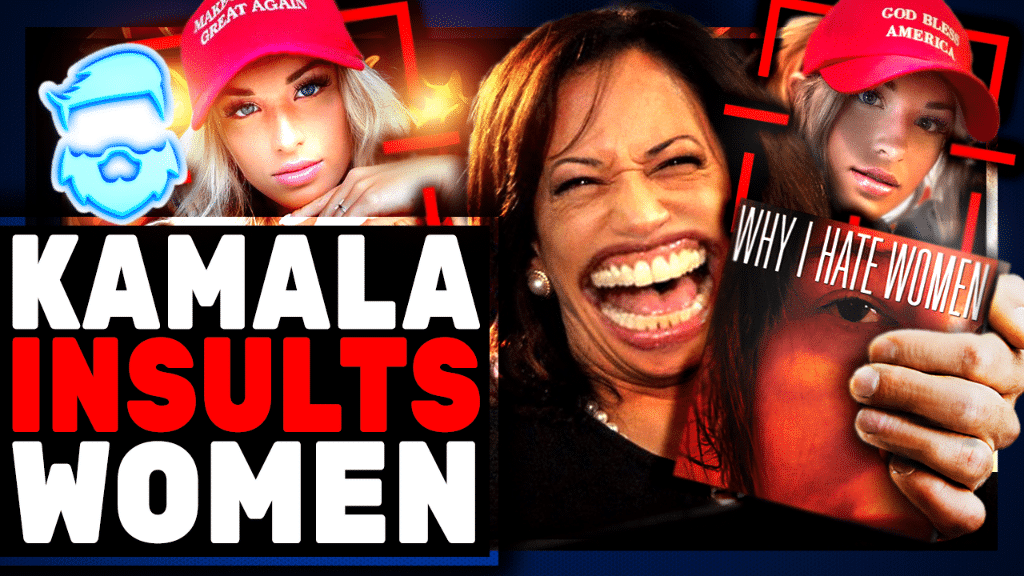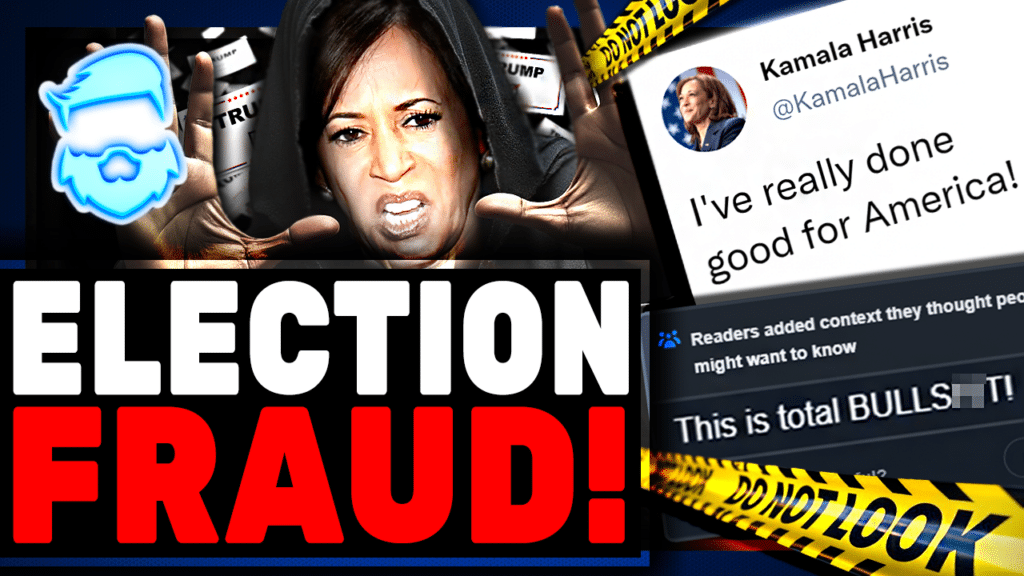Ever since Disney announced in 2019 that Halle Bailey would play Ariel in the live action remake of The Little Mermaid, every bit of publicity about the film has been met with outrage over the fact that a Black woman is playing the title character. That fervor came to a head when the first teaser dropped recently, showing Bailey singing “Part of Your World” from the original film. Since then, there’s been an avalanche of fury from mostly white, mostly right-wing outlets who simply hate the idea of a Black Little Mermaid.
While the anger over Disney’s choice is getting the most attention, movies such as The Woman King and the forthcoming Black Panther: Wakanda Forever are also facing backlash and trending hashtags about boycotts. But unlike The Little Mermaid anger, many of those voicing their angst about the other two films aren’t from conservative white outlets. So exactly what do these boycott threats and outrage have in common? They’re aimed at movies centering Black women — a target that unites groups that would otherwise be on opposite sides of the political aisle.
The Little Mermaid backlash was to be expected. Black characters — especially Black women — who take on roles that weren’t originally Black have been a growing source of abuse and anger over the past few years. White audiences targeted Jodie Turner-Smith for playing Anne Boleyn. They came after Anna Diop for portraying Starfire in Teen Titans, even though that character is an alien. Even when Black actors play original characters, they are often harassed simply for existing in spaces where white folk think they don’t belong — like Moses Ingram or John Boyega in the Star Wars universe or Steve Toussaint in House of the Dragon. So a Black woman taking on the role of Ariel in The Little Mermaid was bound to upset the people who despise Black folks anyway.
Because, let’s not get it twisted: That’s what this is about. No matter what excuse these anti-Black personalities give for their justifications — which range from pseudoscientific reasoning to made-up mermaid histories — this is about white people who detest the notion of Black women centered in any story, let alone those that they’ve enjoyed as symbols of white pride. Those angered only feel such a deep connection to Ariel’s “heritage” once a Black person dares to infringe upon it.
While The Little Mermaid backlash is easy to explain and, in most cases, ignore as just another chance for some to trout out racist stereotypes, the reactions to The Woman King and Wakanda Forever are more complicated.
The Woman King, which hit theaters on Sept. 16, was always going to be a movie that needed to thread a fine needle between praise and historical facts. The movie focuses on the Kingdom of Dahomey and its all-female fighting force, the Agojie warriors, known for their fearlessness and military prowess. However, the Dahomey were also a cog in the transatlantic slave trade, selling fellow Africans into slavery. The Agojie were also brutal, as detailed in Zora Neale Hurston’s posthumously released 2018 book Barracoon, in which she interviewed Cudjoe Lewis, who had been taken captive and sold by the Dahomey in 1860.

















